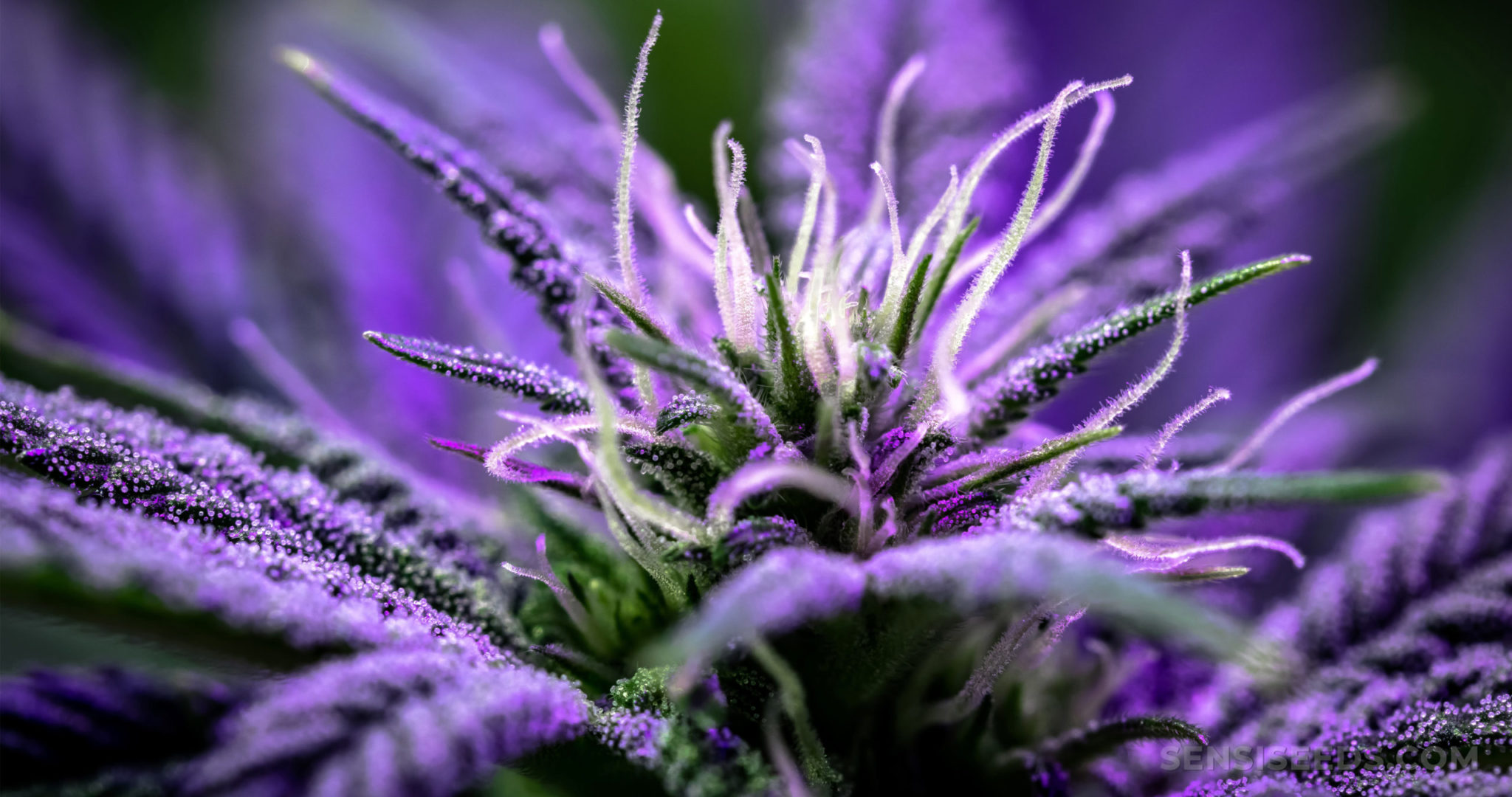With the legalization of hashish in Canada, the sector has burgeoned, encompassing numerous sectors, including cultivation, distribution, and retail. Amid these, the cannabis seed business plays a pivotal job, furnishing the genetic foundation for the complete hashish supply chain. Nevertheless, like any burgeoning market, the cannabis seed sector faces its exclusive established of troubles and options. In this post, we delve into the landscape of hashish seed companies in Canada, discovering the hurdles they come upon and the avenues for growth and innovation.
Regulatory Natural environment:
Navigating the regulatory framework is perhaps the foremost problem for cannabis seed businesses in Canada. When cannabis legalization has opened doorways, stringent restrictions govern the manufacturing, distribution, and sale of seeds. Corporations should adhere to Overall health Canada’s rigid guidelines, which includes licensing specifications, high quality handle measures, and packaging polices. Additionally, compliance with provincial rules provides one more layer of complexity, as every province may perhaps have its certain policies regarding hashish seeds.
High-quality Manage and Genetic Steadiness:
Maintaining the quality and genetic stability of hashish seeds is paramount for seed businesses. Making sure that seeds produce dependable, superior-good quality vegetation with the wanted traits is essential for each cultivators and customers. Having said that, troubles these types of as genetic drift, cross-contamination, and hermaphroditism pose hazards to seed high-quality. Seed organizations will have to devote in rigorous screening and breeding courses to safeguard genetic integrity and satisfy industry requires for trustworthy and powerful strains.
Industry Level of competition:
The cannabis seed market place in Canada is getting increasingly aggressive, with new gamers moving into the fray and set up manufacturers vying for current market share. Differentiating oneself amidst this crowded landscape is a important challenge for seed businesses. Constructing model recognition, featuring exclusive genetics, and supplying exceptional shopper services are vital procedures for standing out in the market place. Additionally, fostering partnerships with cultivators, stores, and marketplace stakeholders can help seed corporations extend their arrive at and sector presence.
Entry to Banking and Money Expert services:
Irrespective of the legalization of hashish in Canada, a lot of economic institutions continue being cautious of serving hashish-relevant enterprises, like seed organizations. linked here from the ongoing stigma encompassing cannabis and problems about regulatory compliance and monetary threat. As a outcome, a lot of seed organizations face problems in accessing primary banking products and services, this kind of as loans, service provider accounts, and traces of credit rating. Conquering these financial hurdles is very important for the growth and sustainability of cannabis seed firms.

Exploration and Innovation:
The quickly evolving landscape of hashish legalization presents ample opportunities for analysis and innovation in the seed sector. Firms that invest in breeding systems, genetic analysis, and product enhancement stand to achieve a aggressive edge. Acquiring novel strains with exceptional cannabinoid profiles, ailment resistance, and environmental adaptability can capture the interest of cultivators and buyers alike. Moreover, discovering rising developments these as organic and sustainable cultivation procedures can place seed businesses as leaders in the industry.
Export Prospects:
Even though the Canadian industry offers significant possibilities for cannabis seed organizations, the opportunity for international growth need to not be overlooked. As hashish legalization gains momentum globally, there is rising desire for Canadian genetics in worldwide markets. Setting up strategic partnerships and distribution channels abroad can open up new profits streams and diversify the shopper base. Even so, navigating intercontinental regulations, trade barriers, and cultural dissimilarities requires thorough organizing and market investigate.
Conclusion:
The landscape of cannabis seed businesses in Canada is characterized by a mix of worries and opportunities. Navigating the regulatory framework, making certain seed good quality, and standing out in a competitive industry are essential challenges that corporations need to handle. Nevertheless, with strategic scheduling, innovation, and a motivation to excellent, seed enterprises can capitalize on the burgeoning cannabis industry’s progress trajectory. By embracing these troubles as chances for expansion and adaptation, hashish seed enterprises can cultivate achievement in Canada’s inexperienced landscape.
